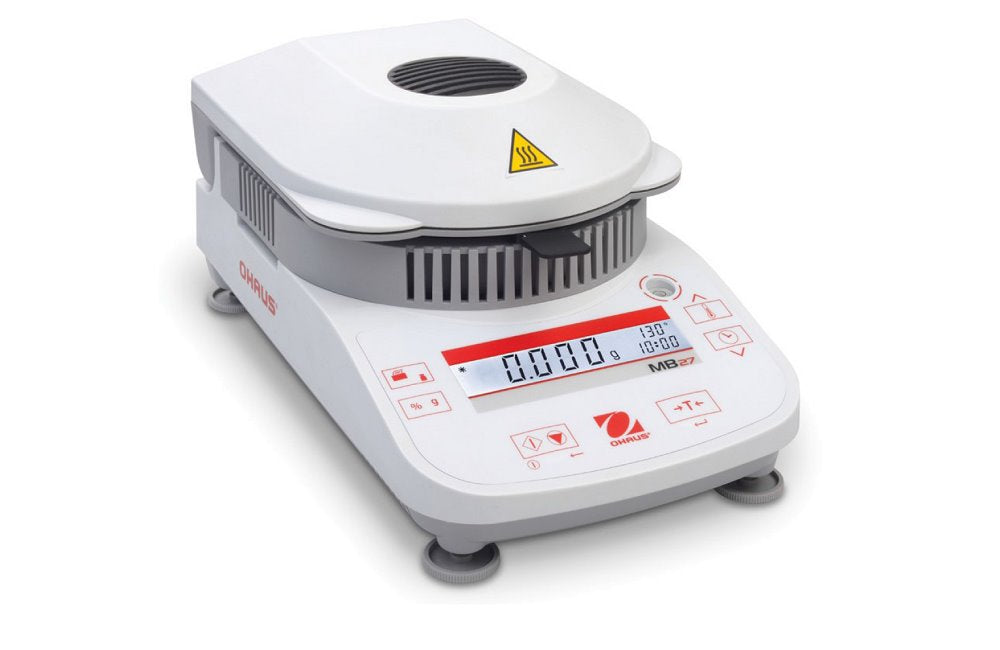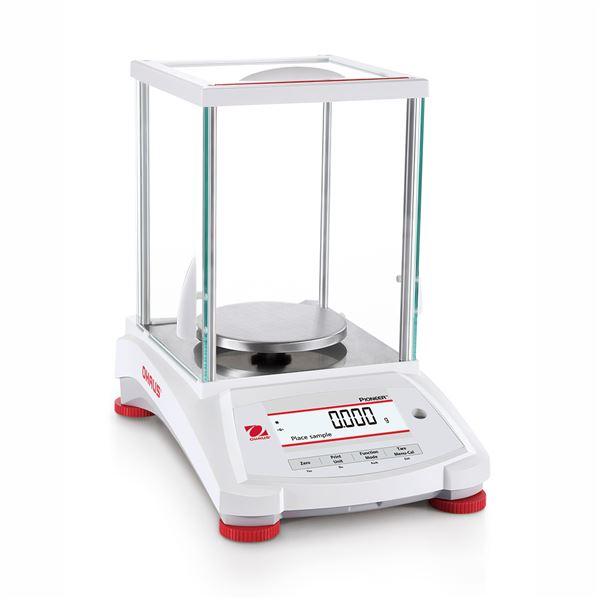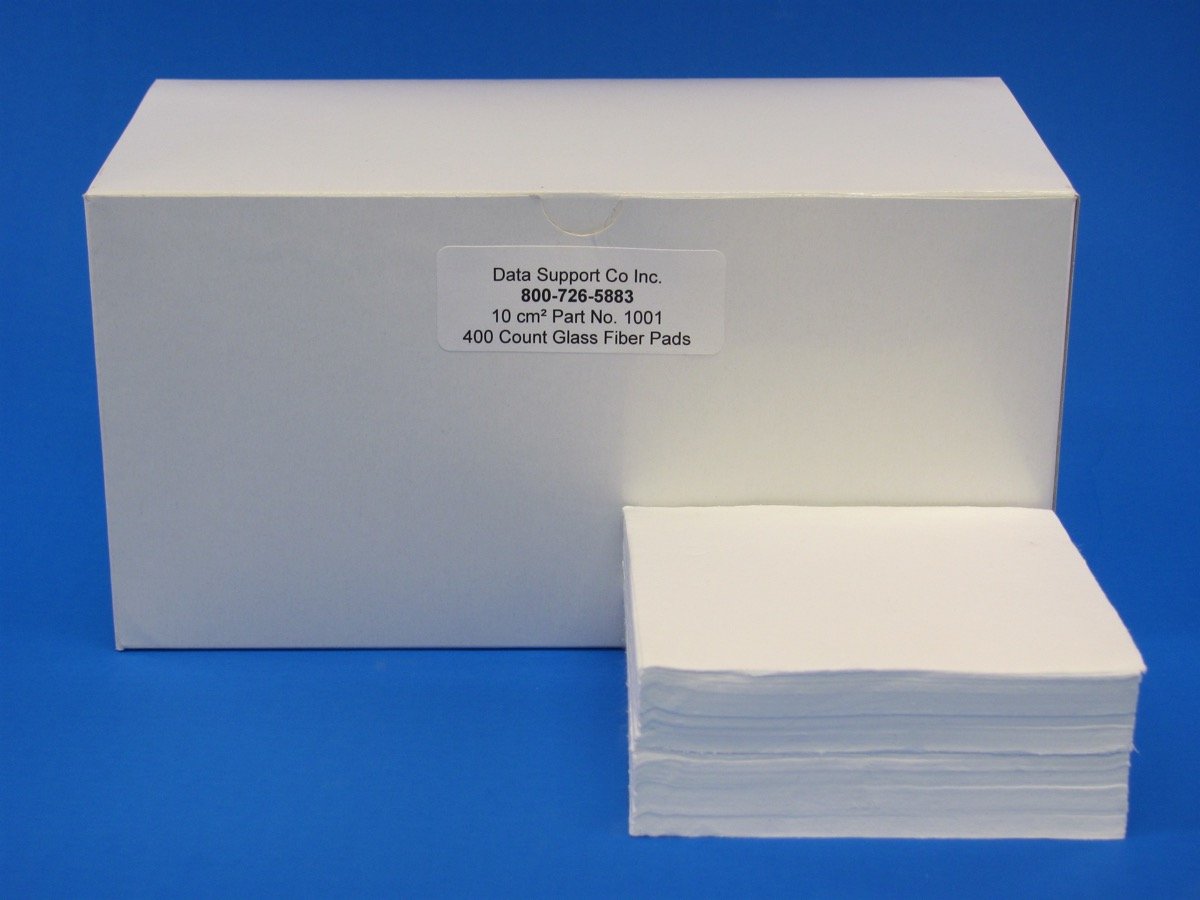Industry scales underpin critical processes across manufacturing, logistics, and commerce, demanding precision and durability. Here, you’ll learn how to choose the right scale for your sector, understand tech features, and maintain scale performance for operational excellence.
Key Takeaways
-
Industrial scales are crucial in diverse sectors, serving varied functions beyond simple weighing, such as counting, dosing, and complying with legal-for-trade operations.
-
The selection of the right industrial scale hinges on multiple factors including the environment it will be used in, necessary compliance with legal-for-trade standards, and the technological features that enhance performance.
-
Regular maintenance, including calibration and prompt troubleshooting, is necessary to preserve the accuracy and prolong the lifespan of industrial scales.
Understanding Industrial Scales
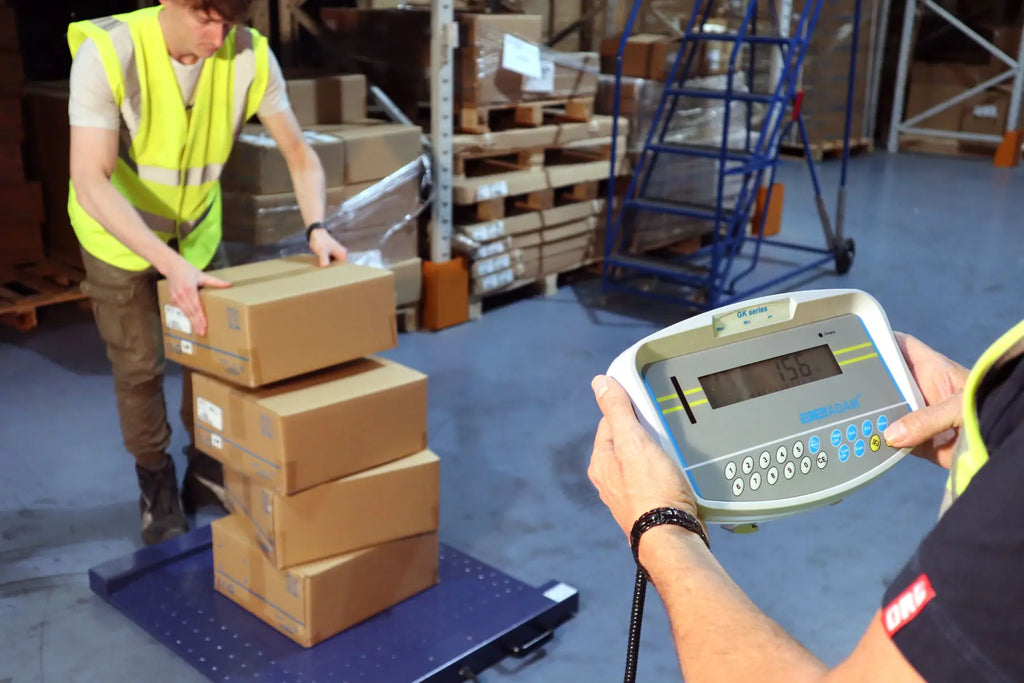
Industrial scales serve as the backbone of many industries including:
-
Manufacturing
-
Transportation
-
Warehousing
-
Agriculture
-
Fisheries
-
Logistics
-
Production plants
Explore market sizes, trends, and dynamics within the hoist and general weighing scale sectors, underscoring their critical role in industry measurements.
Their prevalence across sectors underlines their versatility and indispensability. Industrial scales, including industrial weighing scale, deliver support for various processes, not limited to weighing and counting but also including legal-for-trade operations, mixing, filling, and dosing.
Types of Industrial Scales
Industrial scales are diverse, catering to different industrial needs with a range of types like:
-
Floor scales, which include the use of a single floor scale
-
Pallet scales
-
Truck scales
Bench scales, known for their compact size and portability, are ideal for smaller work areas and a myriad of weighing applications.
On the other hand, crane scales find their applications in industries such as shipping and construction, where they are used for weighing materials overhead. Counting scales play a vital role in inventory control and packaging by providing accurate counts of parts and pieces, thereby ensuring precise quantity measurement.
Weighing Systems and Technology
Modern industrial scales incorporate advanced technology like digital readouts, wireless connectivity, and the ability to integrate with inventory management systems. Load cells, a key component in industrial scales, convert the mechanical force of the weight into an electrical signal that can be measured. Industrial scales can be based on various principles of operation, including electromagnetic scales, load cell type scales, and tuning fork scales.
For the food industry, washdown scales often feature IP ratings for ingress protection, allowing for cleaning without damaging internal components.
Selecting the Right Industrial Scale for Your Business

Industrial scales come in various sizes and capacities, from small bench scales for labs to large truck scales for heavy vehicles, demonstrating the need to align scale size and capacity with the demands of the application. The accuracy of an industrial scale is a vital factor to consider since it must deliver precise measurements and high readability for precision weighing requirements. The performance of industrial scales can be influenced by the working environment, hence the need to select scales with specifications such as dust-proofing, waterproofing, and even explosion-proofing to withstand challenging conditions. Explore our robust selection of industrial scales for sale, from precise installations to comprehensive weighing system development.
The home scale market offers a variety of digital scales, catering to personal and domestic use. Meanwhile, construction material scales and in-line scales play critical roles at construction sites, with companies like Industrial Scale Company in Little Rock providing robust solutions for industrial needs.
Discover Industrial Scale Ltd, a leader in heavy-duty scale solutions, specializing in certified truck scales and robust installation services for industrial applications. Experience precision and durability with our range of truck and heavy-duty scales, designed to meet the rigorous demands of industrial environments.
Warehouse weighing scales are essential tools for accurately measuring large quantities of materials in industrial settings. System scale companies in Little Rock and Mobile specialize in providing high-quality measurement equipment for various industries.
From industrial platform scales to heavy-duty industrial scales, our diverse range includes reliable weight measurement solutions for industrial or shipping use.
Legal for Trade Requirements
Compliance with legal for trade requirements is a pivotal consideration when choosing an industrial scale, as it determines the scale’s legality for use in commercial transactions. For scales used in commercial transactions where money changes hands based on the scale’s reading, NTEP certification is required.
Buying a scale capable of passing NTEP testing, even if not immediately needed for commercial weighing, ensures accuracy and trust in the scale’s measurements.
Heavy Duty Floor Scales and Their Applications
Constructed with durability in mind, heavy duty floor scales offer the following benefits:
-
Withstand the rigors of repetitive use in harsh industrial environments, enhancing their longevity
-
Designed to be floor mounted, enabling straightforward loading and unloading of goods
-
Practical solution for busy industrial operations
Highly accurate floor scales are indispensable in warehouses and logistics centers as they guarantee precise weight measurements, thus enabling effective operations. In warehouses and factories, heavy duty floor scales are instrumental for weighing large items, such as pallets, drums, and bulk materials.
Industrial Scales by Manufacturer
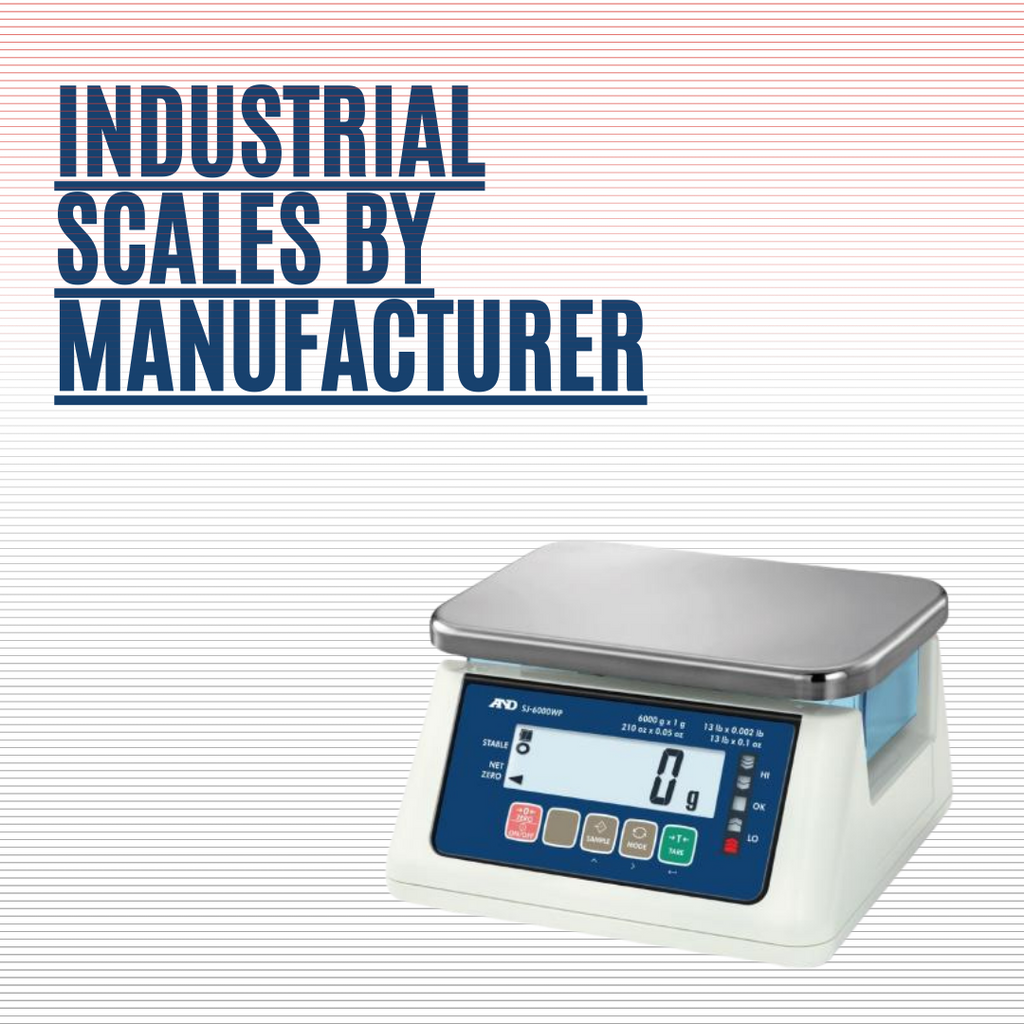
Industrial scales are available from various manufacturers, each offering unique features and benefits. For instance, METTLER TOLEDO provides industrial weighing products and services through direct channels, partnerships with OEMs, System Integrators (SIs), and System Partners (SYs). Their industrial scales serve a variety of industries including chemical, pharma, food, OEM, transport and logistics, manufacturing, and mining.
Leading Manufacturers
There are various leading manufacturers contributing to the industrial scale market. Ricelake, for example, is acknowledged for its premier standing in the industry as a provider of industrial scales.
Another key players are Ohaus, Intelligent Weighing, Adam Equipment, A&D Weighing, each offers a variety of reliable scales suitable for different industries, ensuring accurate weighing through a precise weighing process.
Accessories and Additional Features for Enhanced Performance
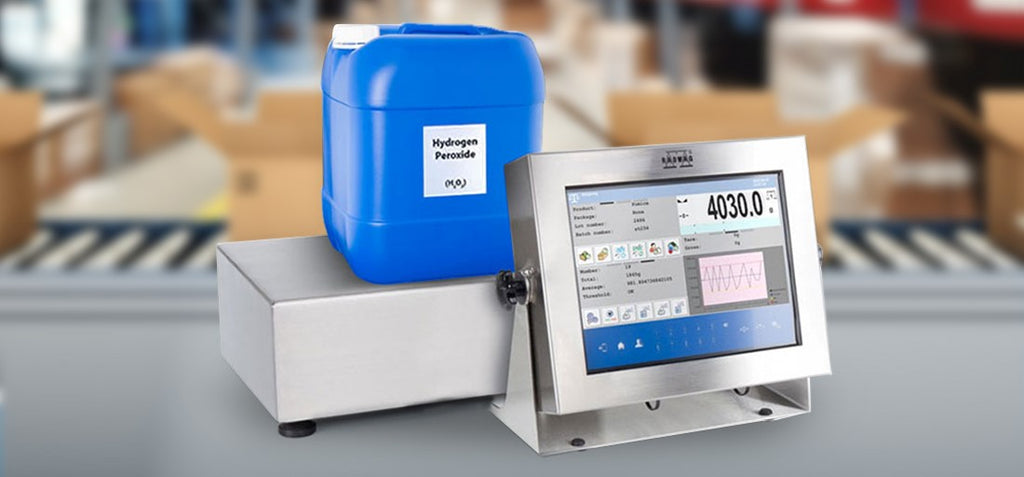
Industrial scales often feature:
-
Hygienic and explosion-proof designs
-
Construction materials such as stainless steel and ABS plastic for durability and resistance to harsh environments
-
Connectivity options such as USB, Ethernet, and wireless connections
-
Data logging capabilities
For heavy-duty floor scales, connectivity and data handling are essential features.
Industrial scales can be paired with precision equipment like anti-vibration tables made of various materials and advanced digital indicators to enhance measurement accuracy. Accessories that promote ease of use and mobility, such as handlebar attachments and specifically designed Prime Systems Roll On Weigh scale series, improve operational efficiency in industrial settings.
Industry-Specific Industrial Scales
Industry-specific scales cater to unique requirements in sectors like food production, retail, and medical gas applications. For instance, food scales used in production and catering must be precise, robust, and suitable for maintaining hygiene with regular cleaning, especially when weighing wet products like raw meat or washed vegetables. Commercial retail scales, also known as commercial scales, facilitate transactions by calculating costs of goods based on weight, often featuring label printing for detailed purchase information and customer-facing displays for transparency.
Specialized cylinder scales cater to medical and industrial gas applications, while stainless steel scales are preferred in environments prone to wetness or dirt, highlighting industry-specific requirements.
Maintenance and Troubleshooting Tips
Industrial scales can maintain their accuracy over time with advanced calibration options, such as automatic calibration, and by regular calibration services, reducing manual intervention. To troubleshoot common display issues, check power supply connections, including the ac adapter, and harnesses for blank displays, run internal diagnostics for unchanging weight displays and missing information, ensure correct communication cables and terminal connections for serial or network problems, and address keypad malfunctions by checking discrete inputs and replacing failed keys.
Promptly addressing minor issues, such as non-functional discrete inputs or outputs, is important to prevent their escalation into larger, potentially costly problems that may necessitate scale replacement.
Summary
This comprehensive guide has provided an overview of industrial scales, their types, technology, and the key factors to consider when selecting one for your business. Our discussion on leading manufacturers, accessories, and industry-specific scales has hopefully provided insights into the diverse options available in the market.
Frequently Asked Questions
What are the 4 types of weight scales?
There are four types of weight scales: spring scales, hanging scales, triple beam balances, and force gauges. Triple beam balances, spring scales, hanging scales, and force gauges are the four most common types of weight scales.
What is the difference between industrial and commercial scales?
The main difference between industrial and commercial scales is that commercial scales are suitable for weighing small amounts of products or packages, while industrial scales are designed to handle heavy-duty loads in typical industrial environments.
What is considered industrial scale?
Industrial scale refers to large-scale manufacturing or production processes that involve the creation of goods or products on a massive scale. It can also refer to the large size or amount characteristic of industry.
What are the different types of industrial scales?
Industrial scales come in various types such as floor scales, pallet scales, bench scales, crane scales, and truck scales, to cater to different industrial needs.
What factors should I consider when selecting an industrial scale for my business?
When selecting an industrial scale for your business, consider factors such as size, capacity, accuracy, and environmental conditions for the best-suited choice.


